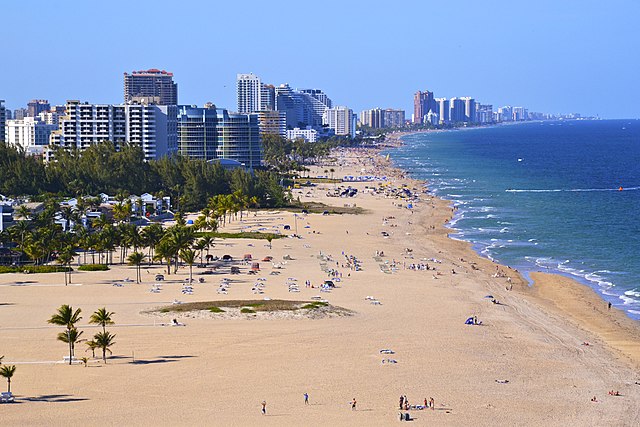Spring break is approaching to the delight of many Pitt students overwhelmed by their midterms — they can finally relax, travel or maybe just catch up on work due when they return the following Monday. For those choosing the second option of traveling, it’s important that we bear in mind our role as tourists.
Often, Americans hold the attitude — implicitly or otherwise — that their visit abroad should be akin to a national-scale dining experience, where they are the customer and the locals are the hosts, servers and cooks. After all, they are on vacation, and their hotel and attractions weren’t exactly cheap. Don’t they deserve special treatment so they leave with a positive opinion of the place they visited?
No! Of course not. There are exceptions to this — barring a few cities, if you’re traveling within the contiguous United States, go ahead and let the lovely people of Wisconsin impress you with their cheeses. And if you wanna act a little pompous in England, no one will hold it against you.
Otherwise, tourists should make it a point to appreciate the culture of the region and recognize that they are in someone else’s home — often someone with a strained history with the United States. Some of the most beautiful and popular tourist destinations for Americans, like Mexico, the Caribbean or Hawaii, are also some of the worst victims of U.S. hegemony.
These travel destinations do not exist solely for the entertainment of tourists and are their own diverse regions whose residents will have very different opinions on American visitors. Over the past several years, Hawaii residents especially have adopted an increasing disdain toward tourists, as many believe the islands’ resources are unfairly and disproportionately directed towards tourists over locals.
This has led some to drop their travel plans due to a lack of “aloha spirit,” which is a curious expectation to have in the first place. “Aloha spirit” is a spirit of harmony and pleasantness that Hawaii citizens have written into their law to live by, though tourists should not expect this treatment from the locals — they should abide by the spirit themselves to appreciate the culture of the islands.
Travel is a wonderful experience and very often encouraged by nations whose tourism industry plays a vital role in their economy, but neither of these give tourists the excuse to wander into a new region oblivious to how the locals expect them to act. Nobody wants a guest to visit their home and sleep in their bed without at least complimenting the wallpaper.
In short, do your research, make it a point to respect the culture and enjoy your vacation. Or just go to Wisconsin.


